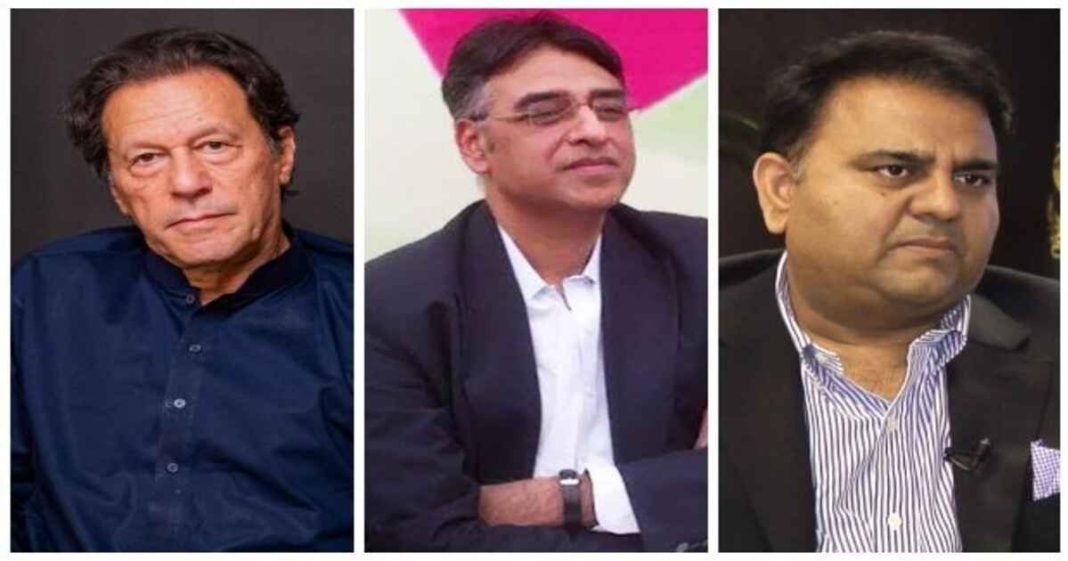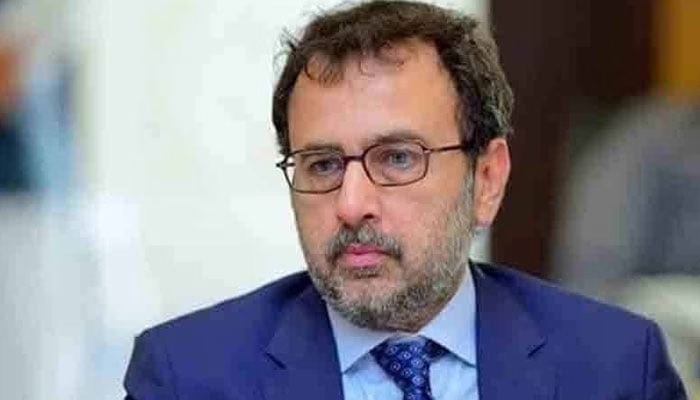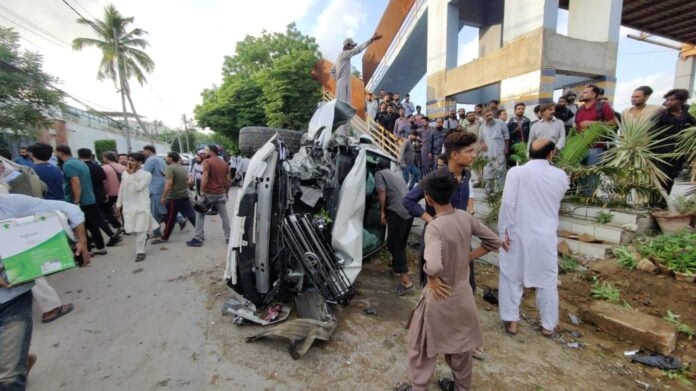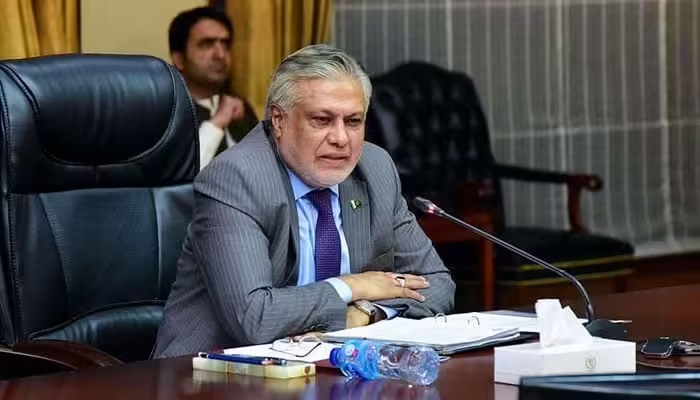The Election Commission of Pakistan (ECP) faced a setback on Tuesday as it was unable to indict Fawad Chaudhry, the founder of PTI and former minister, for contempt. The hearing has been adjourned until December 27 following Fawad’s application for an open trial and a plea for permission for both local and international media to cover the proceedings.
Fawad expressed frustration before the bench, stating that he and his legal team were not provided with copies of the case or granted access to essential documents. “Without the documents, how can I know what charges are against me?” questioned Fawad, further noting that he has been denied the right to meet with his lawyers and family.
In the early morning, a four-member bench of the ECP arrived at Adiala Jail, where Fawad and others are currently detained, with the intention to charge sheet them.
The Trial Process
On December 6, the ECP decided to conduct the contempt case within the confines of the jail due to security concerns raised by the interior ministry, which declined to produce the former premier before the bench.
Contempt proceedings against Fawad Chaudhry, along with former PTI chief and party leaders Asad Umar, commenced last year. Instead of appearing before the ECP, the three individuals challenged the notices and contempt proceedings in various high courts. They argued that Section 10 of the Elections Act 2017, granting the commission the power to punish for contempt, was against the Constitution. The PTI leaders sought declaratory relief from the charges through the high courts.
Despite their legal challenges, in January, the Supreme Court permitted the ECP to proceed with the proceedings. On June 21, the ECP decided to frame charges against them, a process yet to be executed.
Fawad Chaudhry, arrested on November 4 in a corruption case, has remained in custody since then. During the previous hearing, the ECP announced its intention to indict them in jail and requested the Ministry of Interior to make necessary arrangements for this purpose.



